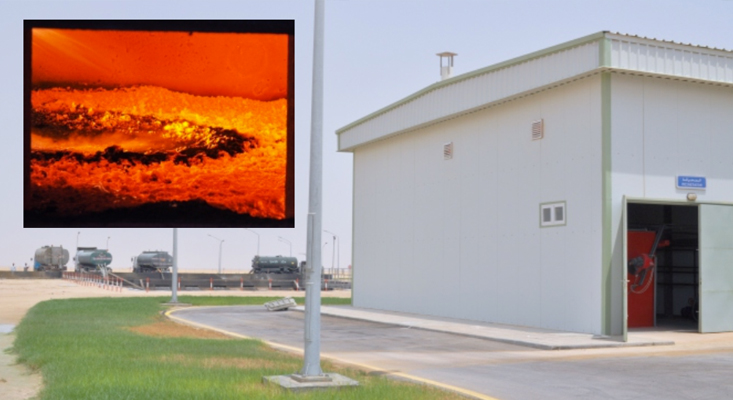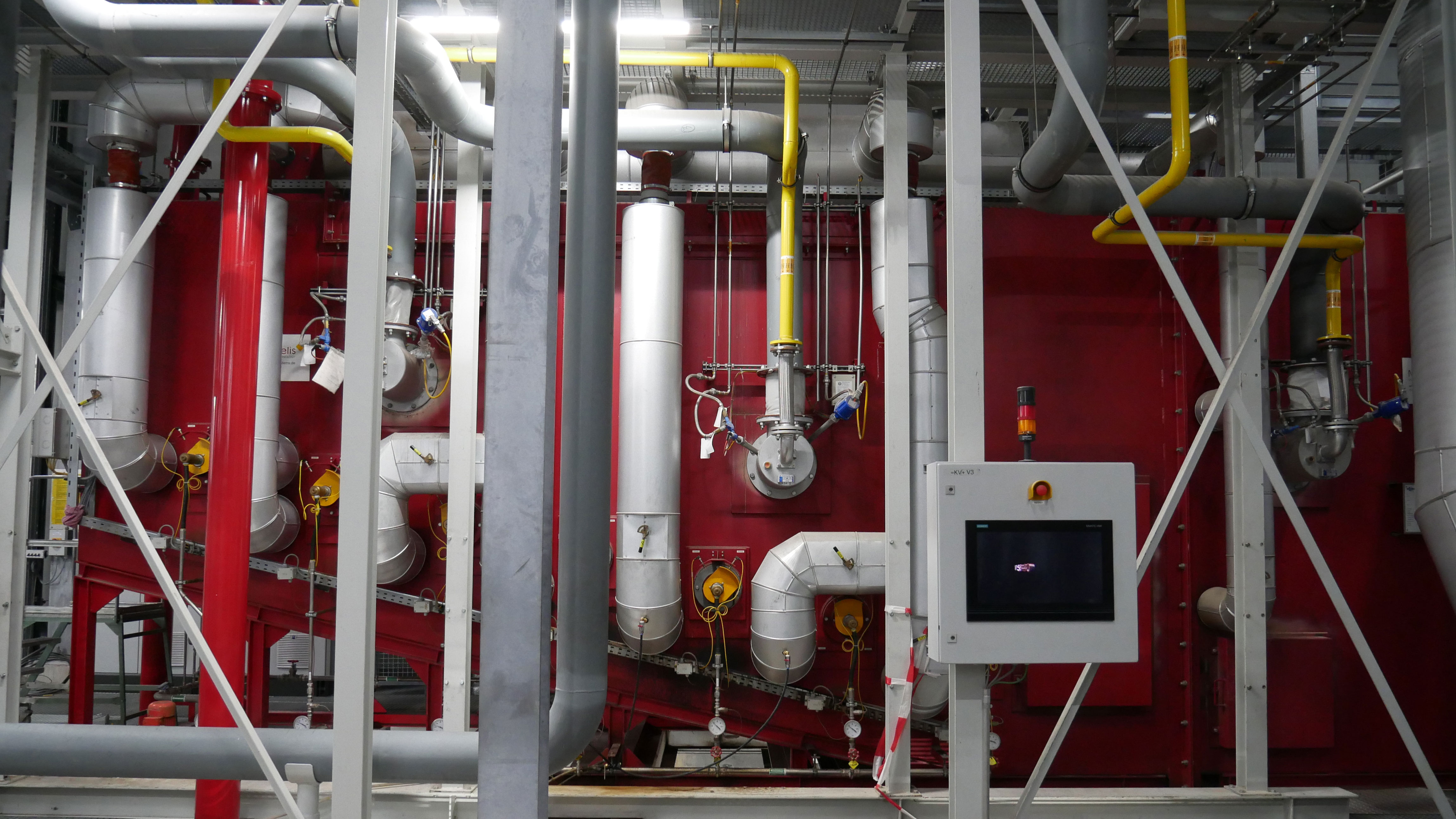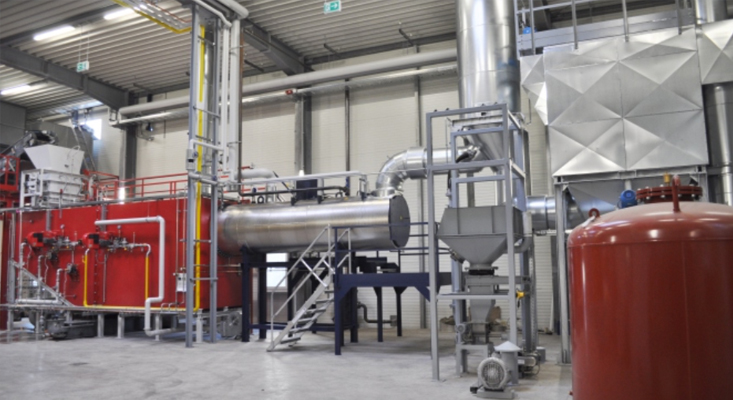Sewage Sludge Treatment
Thermal sludge treatment
Since 2006 Michaelis has been sucessfully using its patented moved bed system.
This system can treat a wide variety of fuels such as municipal waste, hazardous waste, biomass, refuse-derived fuel, plastics and also sludges.
The Michaelis moved bed system has decisive advantages over the fluidized bed process.
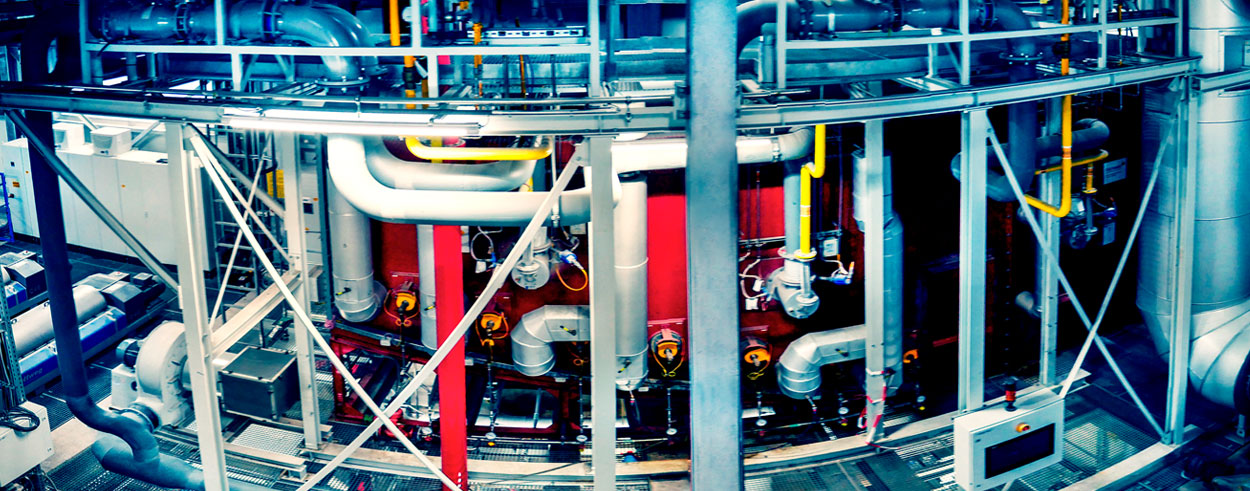
Feature
Michaelis moved bed system
Material and heat transfer
Intensive mechanical mixing
Fuel preparation
Low pre-treatment costs, no uniform grain size necessary
Co-combustion of other fuels
Possible, e.g. refuse-derived fuel, biomass, plastics etc., also liquid and pasty
Dust emissions after firing
Low
Direct desulfurization
Possible
Phosphorus recovery, smelting
Pure ashes are obtained for phosphorus recovery or smelting
Variable capacity
Variable adjustment of the firing capacity possible, combustion of sewage slduge with different calorific values possible
Wear and tear
Low
NOx Emission
Low
Height
Low
Maintenance requirement
Low
Own Consumption
Low
Partial load behaviour
Good
Special Features
• Co-combustion of other fuels possible
• Pure ash for phosphorus recovery or smelting
• Low-height and modular construction
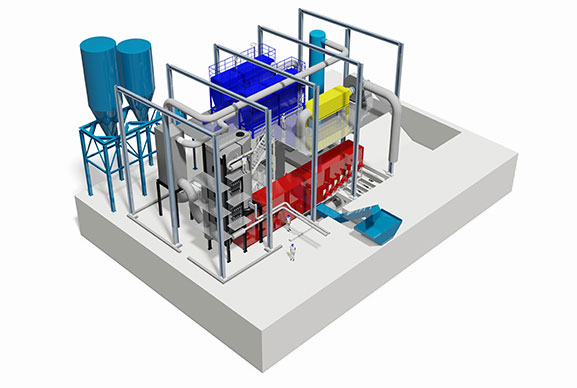
Reference: Incineration plant for municipal and industrial sewage sludge with a thermal oil boiler and flue gas cleaning according to EC standards
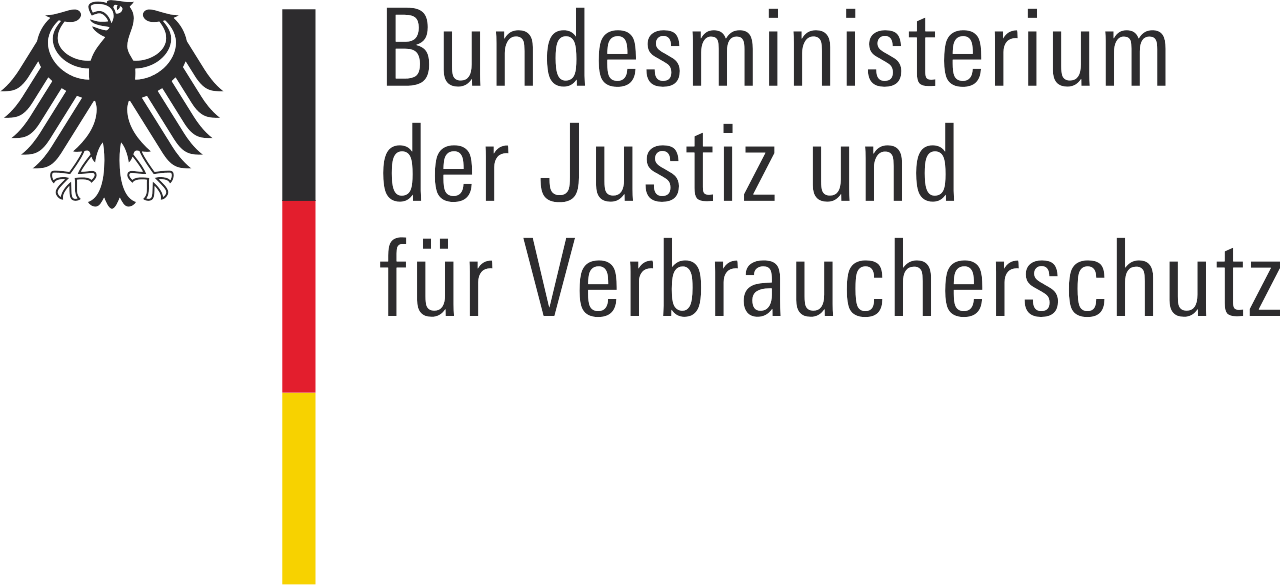
Ordinance on the recycling of sewage sludge, sewage sludge mixture and sewage sludge compost (Klärschlammverordnung - AbfKlärV)
